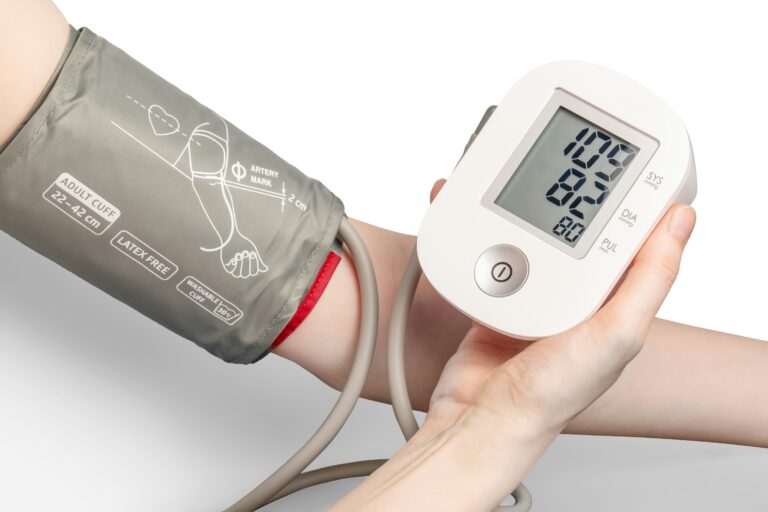Medications for High Blood Pressure: What You Need to Know

Medications are often prescribed to help lower and manage high blood pressure, also known as hypertension. In this article, we’ll explore the different types of medications used to treat high blood pressure and what you need to know about them.
- Diuretics: Diuretics, also known as water pills, are often the first-line treatment for high blood pressure. They work by flushing excess sodium and water from the body, reducing blood volume, and lowering blood pressure.
- ACE inhibitors: ACE inhibitors help relax blood vessels by preventing the formation of angiotensin II, a hormone that narrows blood vessels. This allows blood to flow more easily and lowers blood pressure.
- ARBs (angiotensin II receptor blockers): ARBs work similarly to ACE inhibitors by blocking the action of angiotensin II. They help relax blood vessels, lower blood pressure, and improve blood flow.
- Calcium channel blockers: Calcium channel blockers help relax blood vessels by preventing calcium from entering the cells of the heart and blood vessels. This reduces the workload on the heart and lowers blood pressure.
- Beta-blockers: Beta-blockers reduce the heart’s workload and lower blood pressure by blocking the effects of adrenaline. They help slow the heart rate and decrease the force of contraction, reducing blood pressure.
- Alpha-blockers: Alpha-blockers relax certain muscles and help dilate blood vessels, lowering blood pressure. They are often prescribed in combination with other medications to treat high blood pressure.
- Combination medications: In some cases, a combination of two or more medications may be prescribed to effectively lower blood pressure. These medications may combine different classes of drugs to target multiple pathways involved in blood pressure regulation.
It’s essential to take medications as directed by your healthcare provider and attend regular check-ups to monitor your blood pressure levels and adjust your treatment plan as needed. By working closely with your healthcare team and following their recommendations, you can effectively manage high blood pressure and reduce your risk of complications.







